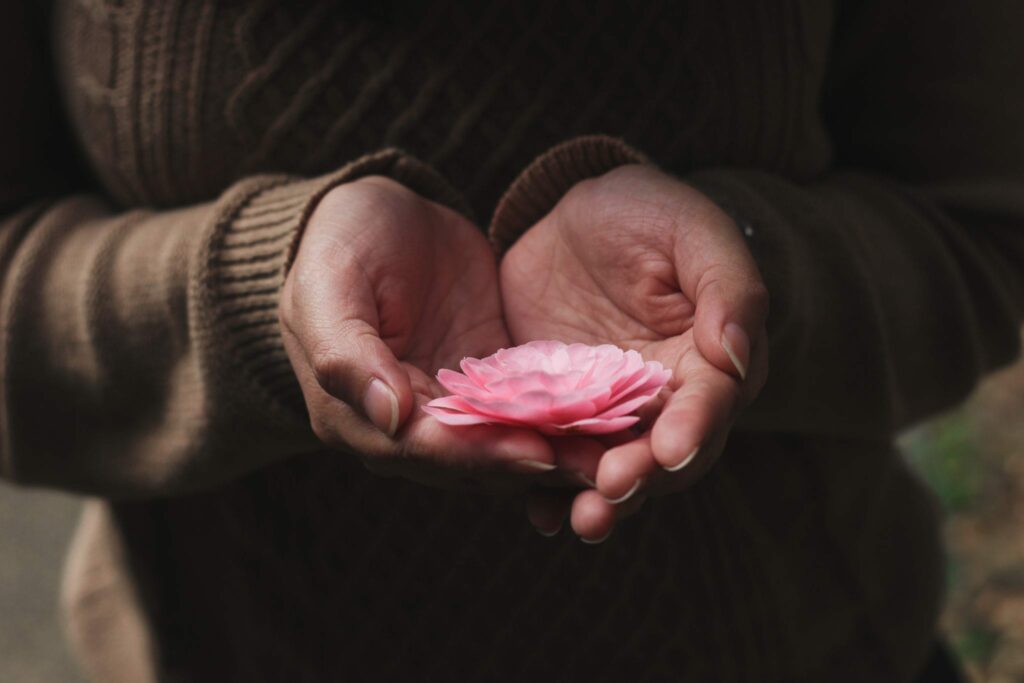In Buddhism, gratitude (Pali: katannuta; lit., “to have a sense of what was done”) is more than just a feeling or an expression of thanks. It is an important part of spiritual practice. Practicing gratitude can help us to cultivate mindfulness, compassion, an awareness of the interconnectedness of all beings, and a peaceful, open-hearted attitude toward life.
Buddhism and gratitude are connected through a variety of ways, including:
Appreciation for Life
Buddhism emphasizes the preciousness—both the rarity and opportunity—of being born as a human being because it offers the potential for spiritual growth and enlightenment. Buddhists try to incorporate gratitude into daily life, expressing thanks for, among other things, food, shelter, and the opportunity to cultivate wisdom and compassion.
Appreciation for Others
The contemporary Buddhist teacher Thanissaro Bhikkhu notes that the Buddha once said that there are two kinds of people who are hard to find in the world: “The one who is first to do a kindness, and the one who is grateful and thankful for a kindness done.” This is the Buddha telling us, Thanissaro suggests, that we each should seek to be both kinds.
Mindfulness
Buddhism places a strong emphasis on being fully present in the moment with awareness and non-judgment. Practicing mindfulness helps us become more attuned to the beauty and richness of each moment, fostering a sense of gratitude for the present moment and, by extension, for life itself.
Impermanence
Contemplating impermanence—one of Buddhism’s “three marks of existence”—can lead to a sense of gratitude for even the opportunities and joys that arise, and even for life’s challenges.
Generosity
Generosity, a core Buddhist practice and the first of the six perfections, or paramitas, involves giving without expectation of return. Engaging in giving cultivates a sense of gratitude for our ability to help and support others, and for what it means when someone does the same for us.
Metta (Loving-Kindness)
Metta, or loving-kindness, meditation is a practice of sending thoughts of gratitude and goodwill to oneself and others. When we experience those profound emotions, we feel deep gratitude for all that this life gives us.
Related Reading
The Path of Gratitude
The goal of Shin Buddhism’s central practice, nembutsu, is not to attain buddhahood for ourselves, says Jeff Wilson, but to express gratitude for all we have received.
The Lessons of Gratitude
From Thanissaro Bhikkhu, abbot of the Metta Forest Monastery, comes a new teaching about what the historical Buddha taught about gratitude.
Buddhism A–Z
Explore essential Buddhist terms, concepts, and traditions.



